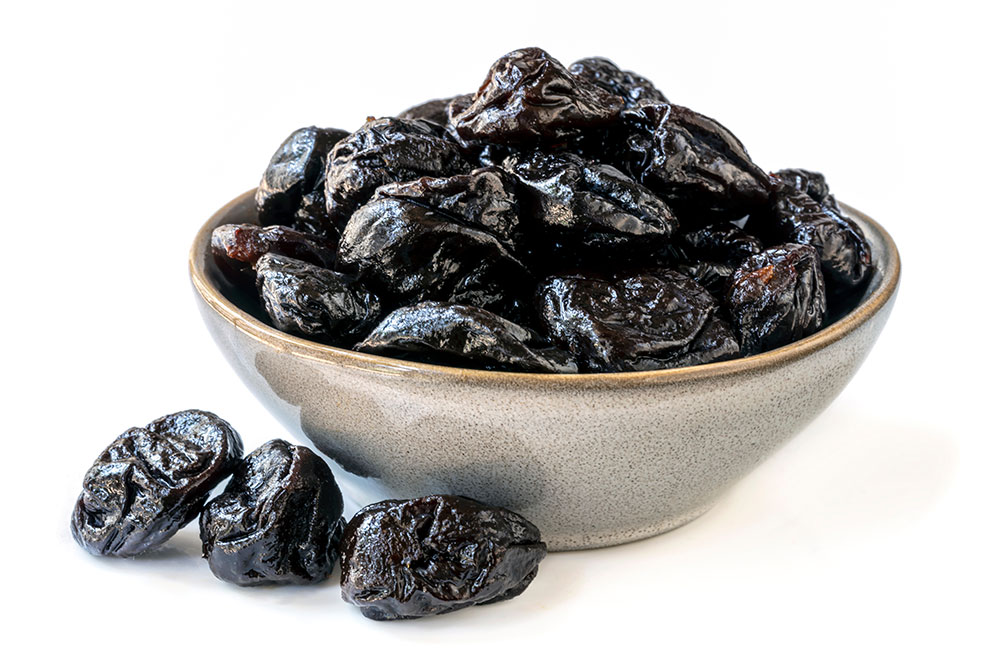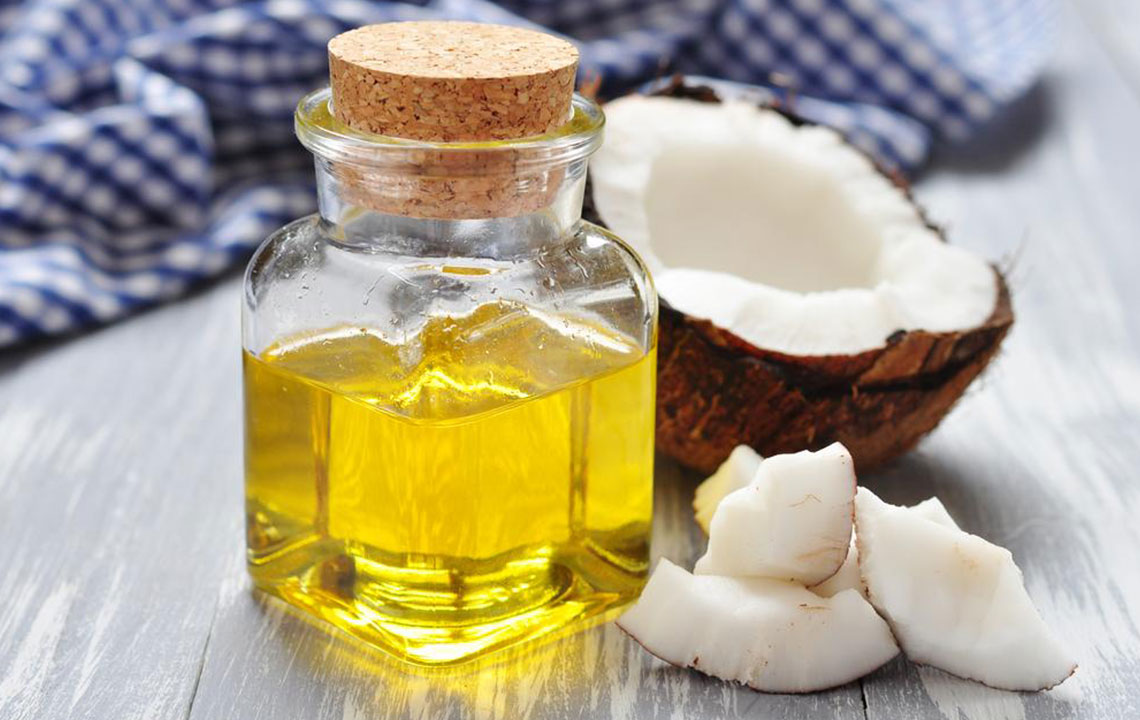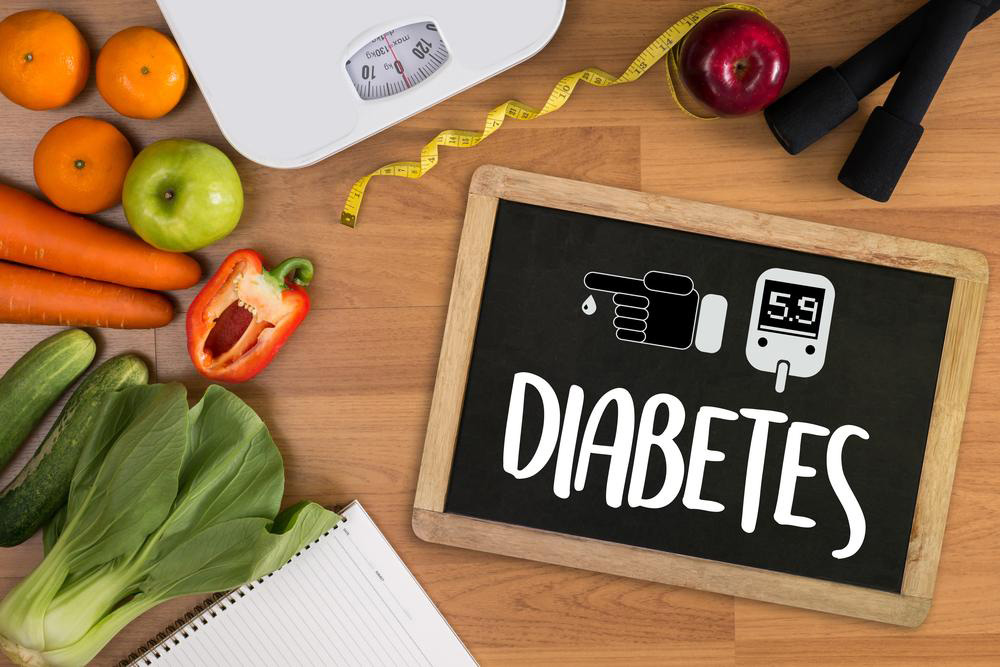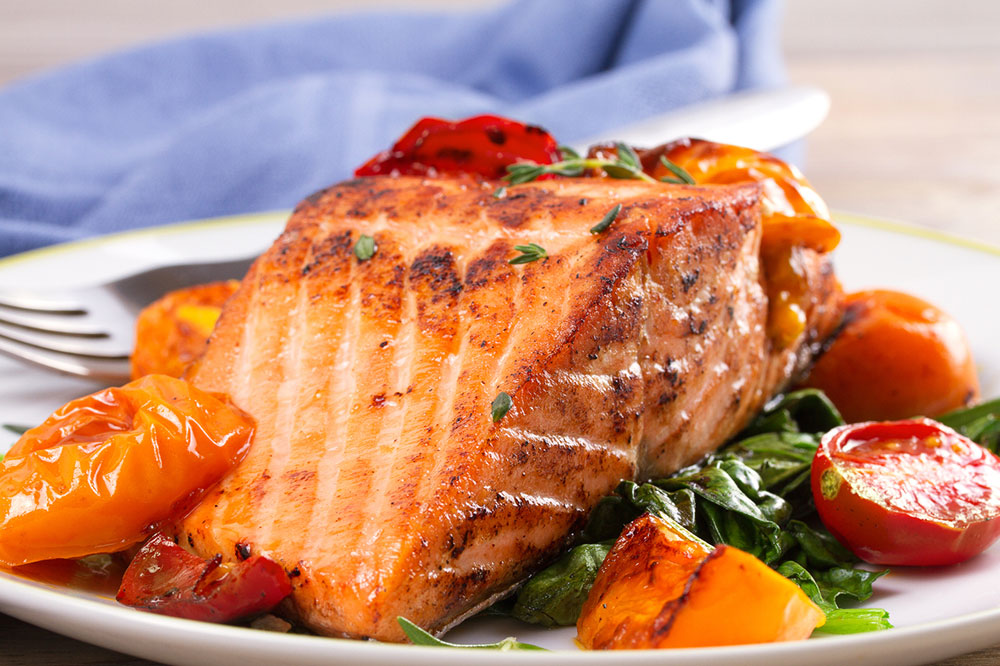Comprehensive Guide to Foods That Alleviate Heartburn and Improve Digestive Health
This comprehensive guide explores foods that help alleviate heartburn symptoms and offers practical lifestyle tips. Learn which vegetables, fruits, proteins, and grains are beneficial, and identify common triggers like spicy foods and caffeine. By adopting dietary and lifestyle changes, individuals can effectively manage acid reflux, reduce flare-ups, and improve overall digestive health. The article emphasizes natural remedies, proper eating habits, and posture adjustments for lasting relief from heartburn and related discomforts.

In-Depth Exploration of Heartburn-Relieving Foods and Tips for Symptom Management
Heartburn, also known as acid reflux, is a common condition affecting millions around the world. Many individuals experience occasional episodes, often after consuming certain types of foods that irritate the stomach and promote acid reflux. These include fatty, greasy, or spicy foods that can cause a burning sensation in the chest, throat discomfort, and a sour taste in the mouth. While occasional heartburn is generally harmless, frequent or severe episodes can lead to complications such as esophageal inflammation or even damage if left untreated. Therefore, understanding which foods can help manage or reduce heartburn symptoms is essential for those affected.
In this comprehensive guide, we will explore the various foods that have been shown to alleviate heartburn, along with those that may worsen symptoms. We will discuss dietary choices, lifestyle modifications, and practical tips to help reduce the frequency and severity of acid reflux episodes.
Foods That Help Reduce Heartburn Symptoms
Diet plays a pivotal role in managing heartburn. Certain foods possess properties that neutralize stomach acid, soothe inflammation, and prevent reflux. Incorporating these foods into your daily diet can make a significant difference in your digestive comfort.
Vegetables: Nature’s Heartburn Relief Agents
Cucumbers: Low in calories and rich in water, cucumbers are gentle on the stomach and can help hydrate the body while preventing acid buildup.
Potatoes: Plain, boiled potatoes are alkaline and can help neutralize stomach acid, reducing the chances of reflux.
Cauliflower and Broccoli: These cruciferous vegetables are high in fiber and antioxidants, which support digestive health.
Leafy Greens and Green Beans: Mild in flavor, these greens are low in fat and sugar, making them ideal for heartburn sufferers.
Asparagus: Contains prebiotic fibers that promote gut health and are unlikely to cause reflux.
Fruits with Low Acid Content
Melons: Watermelon, cantaloupe, and honeydew are low-acid fruits that do not provoke reflux.
Apples and Pears: These fruits are less acidic than citrus and are easy to digest, helping to soothe the stomach lining.
Bananas: Naturally low in acidity, bananas are gentle on the stomach and help decrease symptoms.
Lean Proteins and Healthy Fats
Turkey, Chicken, and Fish: Grilled, baked, or poached lean meats are low in fat, which reduces the likelihood of reflux episodes.
Seafood: Rich in omega-3 fatty acids, certain fish like salmon and mackerel are beneficial, provided they are prepared healthily.
Whole Grains and Dietary Fiber
Oatmeal: High in fiber and gentle on the stomach, oatmeal absorbs excess stomach acid, providing relief from reflux and supporting overall digestive health.
Whole Grain Breads and Cereals: These are preferable over refined grains, aiding digestion and preventing acid buildup.
Foods and Habits That May Trigger Heartburn
Understanding which foods can exacerbate acid reflux is just as important as knowing what to consume. Certain items and dietary habits can increase stomach acid production or relax the lower esophageal sphincter, leading to symptoms.
Common Food Triggers
Caffeinated Drinks: Coffee, black and green teas, and carbonated beverages contain caffeine or carbonation that can irritate the esophagus and stimulate acid production.
Spicy Ingredients: Heavy use of garlic, onions, chili peppers, and other spicy seasonings can cause irritation and worsen reflux.
Citrus Fruits: Oranges, grapefruits, lemons, limes, and pineapples are highly acidic and frequently aggravate symptoms.
High-Fat and Fried Foods: Foods like French fries, onion rings, fried meats, and bacon increase stomach pressure and delay gastric emptying, raising reflux risk.
Why Do Certain Foods Cause Heartburn?
Many trigger foods are acidic or stimulate increased acid production in the stomach. Acidic foods lower the pH level in your stomach, creating a hostile environment that can lead to reflux.
Some foods, especially those high in fats, relax the lower esophageal sphincter (LES), the muscle that prevents stomach contents from refluxing into the esophagus, making reflux more likely.
The pH level of foods varies; lemon juice, with a pH around 2, is highly acidic, whereas foods with a pH above 5 are typically less irritating. Knowing this can help tailor dietary choices.
Effective Lifestyle Modifications for Heartburn Management
Diet alone isn't enough; lifestyle changes significantly contribute to reducing acid reflux episodes. Adapting daily habits can provide long-term relief and improve overall digestion.
Dietary Habits
Eat Smaller, More Frequent Meals: Consuming smaller portions prevents excessive stomach distention, reducing reflux risk.
Eat Slowly and Chew Thoroughly: Taking your time enhances digestion and decreases the likelihood of indigestion and acid buildup.
Avoid Eating Before Bedtime: Having meals at least 3-4 hours before lying down allows stomach contents to settle, minimizing nighttime reflux.
Physical Posture and Sleeping Tips
Elevate the Head of the Bed: Raising the bed by 4-6 inches prevents acid from flowing back into the esophagus during sleep.
Stay Upright After Meals: Remaining upright for at least two hours post-dinner reduces reflux chances.
Lifestyle Habits
Avoid Alcohol and Smoking: Both can relax the LES and increase acid production, exacerbating symptoms.
Maintain a Healthy Weight: Excess weight puts pressure on the stomach, promoting reflux. Losing even a few pounds can significantly reduce symptoms.
Additional Tips for Managing Heartburn
Alongside dietary and lifestyle modifications, certain practices can help control symptoms further. Keeping track of food intake and symptom patterns can identify personal triggers. Consulting a healthcare professional for tailored advice or medication is recommended for persistent cases.
Conclusion
Effective management of heartburn involves a combination of dietary choices, lifestyle adjustments, and awareness of personal triggers. Incorporating soothing, low-acid foods such as vegetables, fruits, lean proteins, and whole grains can alleviate symptoms naturally. Avoiding provocateurs like caffeine, spicy foods, citrus fruits, and high-fat meals further reduces flare-ups. Additionally, simple habits like eating smaller meals, maintaining an upright posture after eating, and elevating the head during sleep can create significant improvements. By adopting these practices, individuals can enjoy better digestive health and minimize discomfort associated with acid reflux.
Tags: heartburn relief, acid reflux management, healthy diet, lifestyle tips, digestive health





